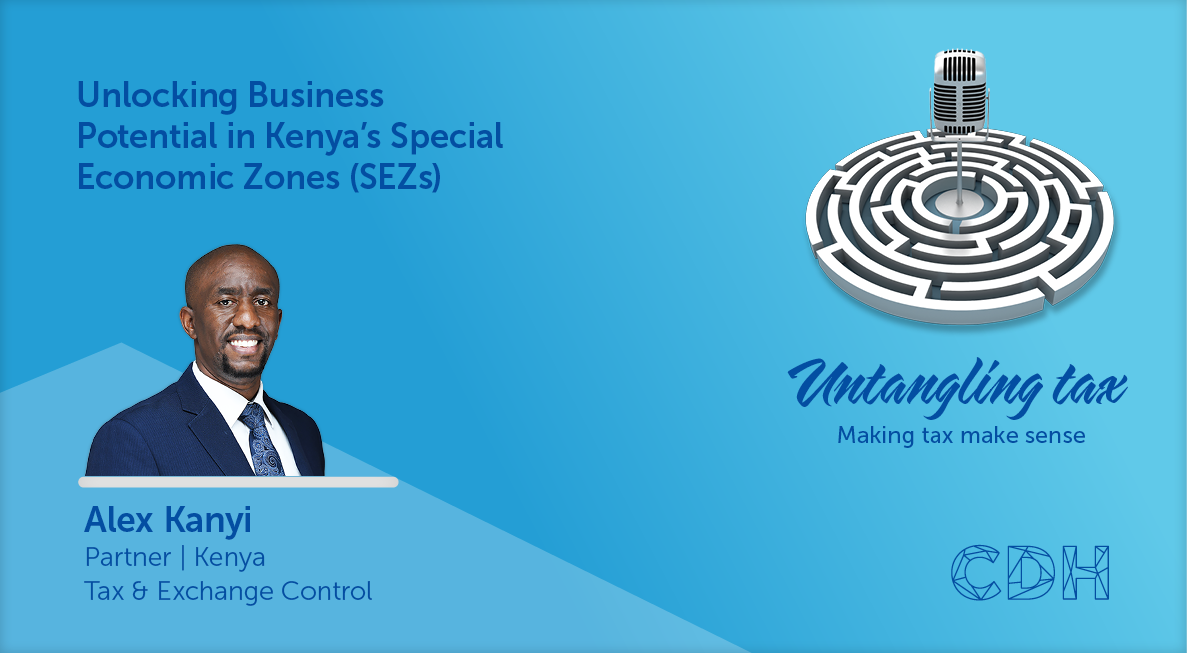Court confirms the rights of pregnant and lactating women and children under six to free healthcare
At a glance
- CDH's Pro Bono & Human Rights practice achieved a victory in a long-standing case regarding the rights of pregnant and lactating migrant women and children to free healthcare in Gauteng, South Africa.
- The court declared certain provincial legislation unlawful, which had denied migrant women and children access to free healthcare in violation of the National Health Act and constitutional rights.
- The court ordered the amendment of a 2020 policy and directed the Minister of Health to issue circulars and display notices in state health establishments to ensure awareness of the entitlement to free healthcare for pregnant women and children under six. The state respondents are obligated to report on compliance with the order.
This in contravention of the National Health Act 61 of 2003 (NHA) which is the primary legislation giving effect to the right of access to healthcare services in South Africa and, we submit, various constitutional rights.
This denial of care has resulted in inhumane, senseless and tragic consequences for many women and children as the application papers documented. In one particularly heart-wrenching case, a boy who was less than two years old (who will be referred to as SN), suddenly and unexpectedly ate rat poison and later died after being refused admission to Charlotte Maxeke Johannesburg Academic Hospital (CMJAH). This is due to his parents, both undocumented migrants, having left his birth certificate at home, in the frenzy to get to the hospital in time. Further to this, the parents of the boy were unable to pay the unlawfully demanded R5,000 fee by the hospital. This, even though, he had been referred to CMJAH by a clinic, which expressly noted that he had ingested rat poison and required observation; and that in terms of health protocols approved by the National Department of Health, his case should have been treated as a priority, if not an emergency. Most tragically, the treatment that may well have saved his life (monitoring him for a few hours and, if necessary, placing him on prescribed drip) was simple and inexpensive. SN died en route to Rahima Moosa hospital where his parents hoped he might receive treatment, after having been turned away by CMJAH. He was declared dead on arrival.
The case was supported by several other organisations, including Jesuit Refugee Services, Doctors Without Borders, the Southern African HIV Clinicians Society as well as an associate professor with the African Centre for Migration and Society at the University of Witwatersrand, who all filed supplementary affidavits in support of the application. A number of other organisations also sought to intervene as amici curiae in the matter including the Centre for Child law, the International Commission of Jurists, Amnesty International and a number of UN Special Rapporteurs.
The court’s order
The Deputy Judge President (DJP) of the Gauteng High Court (Johannesburg), who took the matter under case management, handed down an order declaring certain Gauteng provincial legislation unlawful to the extent that it requires migrant pregnant and lactating women and children under six to be classified as (private) fee-paying patients, contrary to the NHA. This on the basis that they conflict, in particular, with section 4(3)(a) of the NHA as read with a notice issued by Dr Nkosi Dlamini Zuma under the old act (which notice remains in force) at the time that she was Minister of Health (Minister), which requires the state, and clinics and community health centres funded by the state, to provide free health services to pregnant and lactating women and children under the age of six (except if they are members or beneficiaries of medical aid or have come to South Africa for the specific purpose of obtaining healthcare) subject to any conditions prescribed by the Minister. No conditions have been prescribed by the Minister under the NHA. Because the NHA is national legislation which aims to ensure uniformity of norms, standards and policies concerning access to healthcare services across the country, as well as equitable access to healthcare services, it prevails over conflicting provincial legislation in terms of section 146(2) of the Constitution.
The court also ordered that a 2020 policy introduced by the Gauteng Department of Health, relied on by hospitals and health facilities in Gauteng to deny free healthcare to undocumented and asylum seeker pregnant and lactating women and children, must be amended by 16 October 2023 to expressly provide for free services to pregnant and lactating women and children under six (except if they are members or beneficiaries of medical aids or have come to South Africa specifically to obtain healthcare). It also ordered that any other policies and circulars issued by the state respondents that require qualifying pregnant and lactating women and children under six to go through a classification and fee determination process are inconsistent with the NHA.
Promoting awareness of the order
Importantly, to promote awareness of the court’s order and to ensure that it is of practical effect on the ground, the court granted an order requiring the Minister to issue a circular by 15 May 2023 to all provincial health departments recording that all pregnant and lactating women and children under six (who are not members or beneficiaries of medical aid schemes and who have not come to South Africa for the specific purpose of obtaining healthcare) are entitled to free healthcare services. The Minister is further required to direct the preparation and display of posters or notices in all state health establishments in all provinces which state that all pregnant and lactating women and children under six (unless they are members or beneficiaries of medical aid schemes or have come to South Africa for the specific purpose of obtaining healthcare) are entitled to free healthcare, by no later than 17 July 2023.
Obligation to report on compliance
Significantly, the court also built into its order an obligation on the part of the state respondents (the Gauteng MEC for Health, the Head of Department of Health, Gauteng, the Minister of Heath and the CEO of CMJAH) to report to the court on their compliance with the order by filing affidavits providing a report on their compliance with the order or an explanation for any non-compliance, and to appear in court on a determined future date to explain to the court how they have complied and, if not, to explain why they have not done so.
The order was granted on an unopposed basis, after the state respondents, who initially sought to defend the matter, failed for many months to file answering affidavits, or take steps to advance their defense, eventually withdrew their opposition. The decision is an important victory, not only for the women and children who are entitled to the free healthcare with which the case was concerned, but for the principles of accountability and the rule of law on which the continued functioning of our constitutional state depends.
The order, we believe, also provides some vindication for the many victims of the unlawful conduct of health establishments in Gauteng, including the family of SN, who we are assisting to claim damages, because of his wrongful death.
The information and material published on this website is provided for general purposes only and does not constitute legal advice. We make every effort to ensure that the content is updated regularly and to offer the most current and accurate information. Please consult one of our lawyers on any specific legal problem or matter. We accept no responsibility for any loss or damage, whether direct or consequential, which may arise from reliance on the information contained in these pages. Please refer to our full terms and conditions. Copyright © 2026 Cliffe Dekker Hofmeyr. All rights reserved. For permission to reproduce an article or publication, please contact us cliffedekkerhofmeyr@cdhlegal.com.
Subscribe
We support our clients’ strategic and operational needs by offering innovative, integrated and high quality thought leadership. To stay up to date on the latest legal developments that may potentially impact your business, subscribe to our alerts, seminar and webinar invitations.
Subscribe




